Cadent North London has taken delivery of its first 10 zero emission vehicles as part of the company’s commitment to operating 1,000 zero emission vehicles across its networks by 2026.
The five Hyundai Nexo Premium SE hydrogen-powered cars and five Nissan eNV200 electric vans will be used by engineers in North London, as well as parts of Berkshire, Buckinghamshire, Surrey and Essex.
The London network was chosen as the first recipient of the new vehicles because of the availability of charging points and fuelling stations.
Dominic Stephens, fleet specialist at Cadent, said: “The new hydrogen fuel cell cars and electric vans are a first for Cadent and represent a major step forward in working to achieving our RIIO 2 environmental goals.
“In tandem with this, we’re also working to develop a range of other transport technologies to reduce our carbon footprint.”
Under its 2026 goals, the gas distribution network will explore a multitude of suppliers and vehicles types to achieve its aims.
“Hydrogen plays an important part especially when it comes to the vehicle being used as a tool as well as a mode of transport,” said David Jones, sustainable transport manager.
“Small vehicles such as cars can happily run efficiently on electric batteries, but this simply won’t work for heavier vehicles due to factors such as payload, range, battery charging time and the high investment that would be needed for rapid charging technology.
“However, using hydrogen fuel cells could provide the required range, greater payload capacity quicker refuelling times HGVs need.”
There are no dedicated hydrogen fuel cell electric vans available in the UK, so Cadent has taken on the Nissan vans as the platform on which it can develop its early learning and experience as it works towards decarbonising its gas emergency response fleet.
Jones added: ‘Our 2026 target also provides a unique opportunity to encourage the development and supply of a new product for the UK market, hydrogen vans.
“By investing in hydrogen vehicles we’re not only being good stewards of the environment, but we’re also demonstrating the viability of gas as a future fuel source for transport which is entirely consistent with our own hydrogen strategy.”
The vehicles have all been liveried by Stafford-based Bri-Stor and the new vans have been fitted out internally with the equipment FCOs (First Call Operatives) need including charging points, laptop holders, hot water washer and gas detection equipment.
Cadent’s fleet also includes two Iveco CNG (compressed natural gas) vans in the north west and west Midlands network, with another CNG van expected to join the north west network soon.
For movement of large items, Cadent has also invested in a joint fleet of nine biomethane trucks with logistics company DHL.
These vehicles will significantly reduce CO2 emissions and will also generate savings of around 38% compared to diesel.

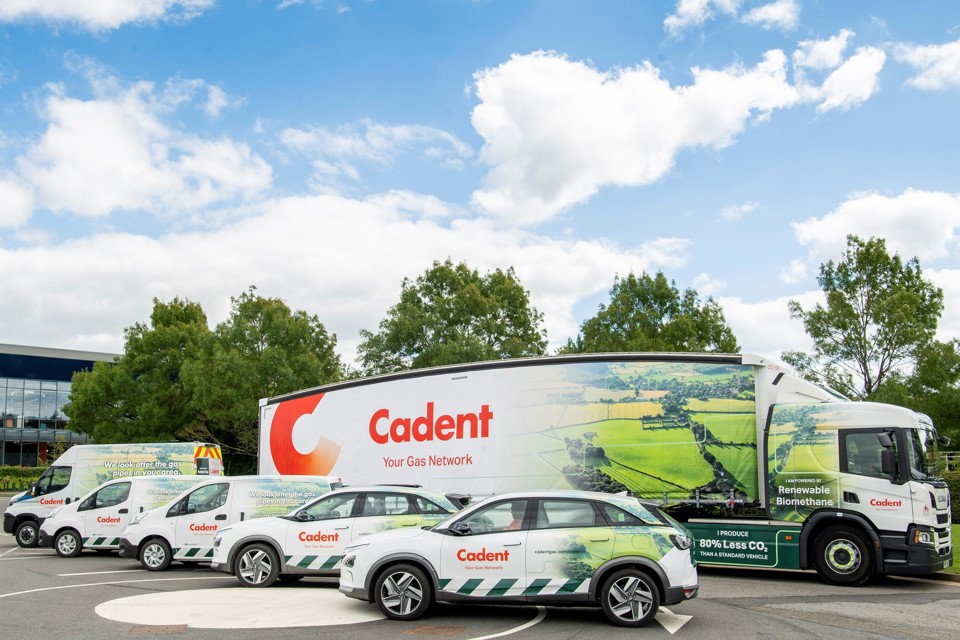




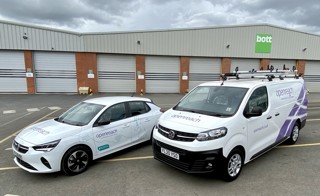
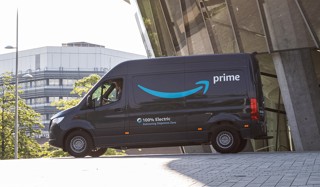
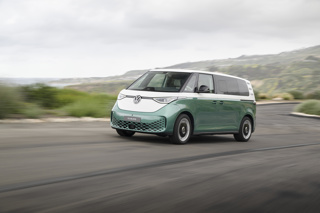
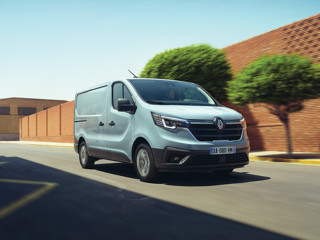











Login to comment
Comments
No comments have been made yet.